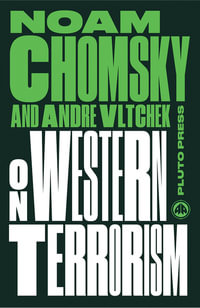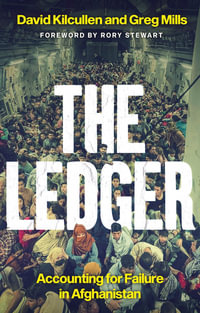The transformation from traditional war between nation-states to conflict between nation-states and nonstate actors requires decision makers, policy analysts, military commanders, intelligence officials, and legislators to answer the question: is there a strategy for an unwinnable conflict? This question takes on particular urgency given the extraordinary number of conflict points that define the current state of international relations.
Modern Geopolitics and Security: Strategies for Unwinnable Conflicts draws on the author''s extensive experience in counterterrorism, negotiation, and the implementation of the Oslo Peace Process with his more recent work in academia. The book uses an interdisciplinary case study model to illustrate valuable lessons learned and best practices in strategic analysis and decision making that are based on international relations, international law, and negotiation/intervention.
The book defines sovereignty, intervention, geopolitics, security, and what they mean in a global landscape. It examines historical examples of global crises and security concerns as well as contemporary geopolitical issues, including the Israeli-Palestinian conflict, intervention in Libya, non-intervention in Syria, the Good Friday Agreement, the conflict in the former Yugoslavia, and the Arab Spring.
We are entering a new era, where disaffected individuals who are willing and able to act, have more power and potential influence than ever before. Conflicts like those occurring in Egypt, Syria, Afghanistan, Iraq, Israel, and elsewhere are all complex organisms—nuanced as never before. Add in increasing regional asymmetrical conflicts, increasing global economic strain, social media and the accelerating speed of communication, ideological and regional state versus nonstate conflicts—such as in the case of al-Qaeda and other such movements—and traditional "business as usual" geopolitics is being somewhat turned on its head.
Modern Geopolitics and Security addresses topics that aren't currently covered anywhere-establishing a new paradigm to rethink modern geopolitics, given new and emerging challenges to traditional schools of thought.
View an article by Amos N. Guiora that recently appeared in the
The New York Times..
Industry Reviews
"Beginning with a discussion of new developments affecting sovereignty, intervention, geopolitics, and security in the evolving global environment, the author ... examines how states have attempted to address them in significant historical cases: the Israeli-Palestinian conflict, the intervention in Libya, non-intervention in Syria ...the conflict in the former Yugoslavia, the Arab Spring. An innovative and important examination of the strategies required by states to defeat the threats presented by non-state actors, such as terrorist groups."
-Joshua Sinai, Perspectives on Terrorism
"Beginning with a discussion of new developments affecting sovereignty, intervention, geopolitics, and security in the evolving global environment, the author ... examines how states have attempted to address them in significant historical cases: the Israeli-Palestinian conflict, the intervention in Libya, non-intervention in Syria ...the conflict in the former Yugoslavia, the Arab Spring. An innovative and important examination of the strategies required by states to defeat the threats presented by non-state actors, such as terrorist groups."
-Joshua Sinai, Perspectives on Terrorism
























